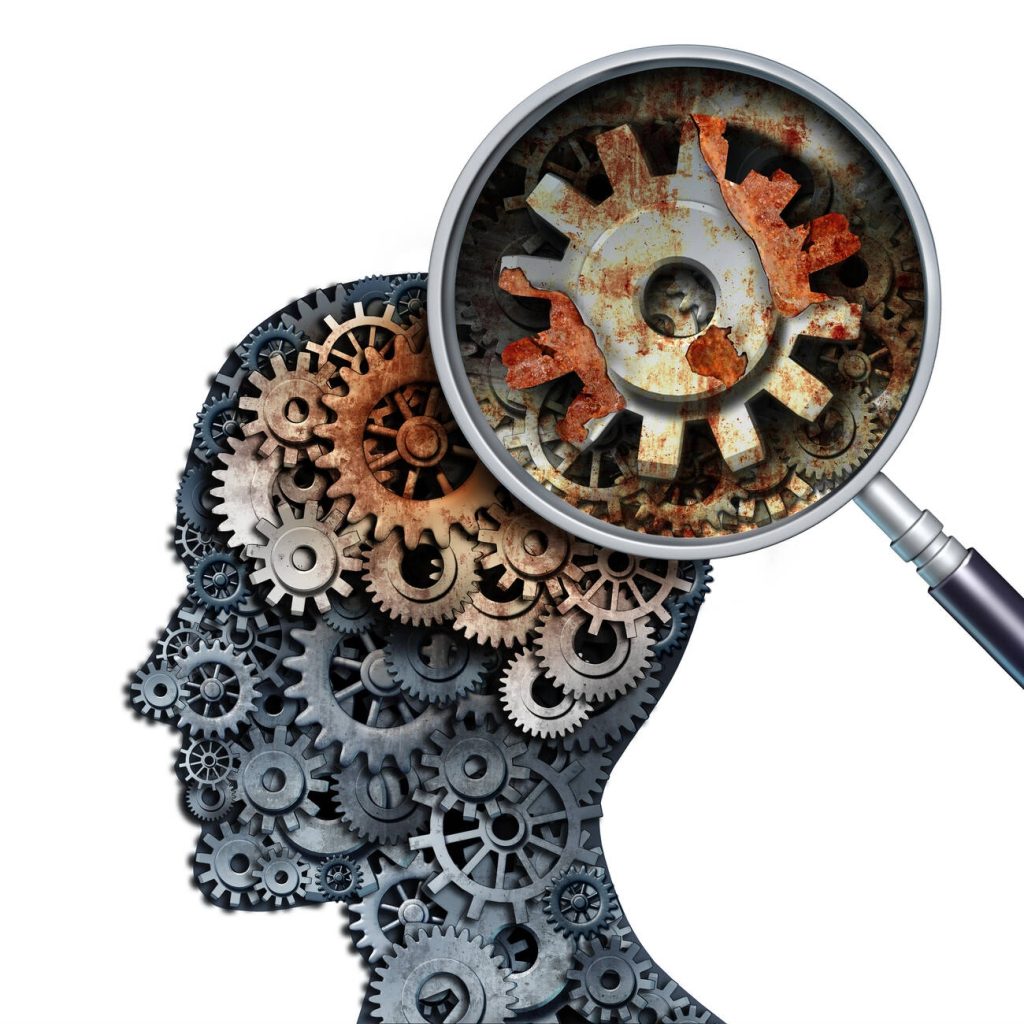Understanding Dementia
Dementia is a touchy subject for a lot of people. It has become sadly all too common for someone to know a relative or loved one who has slowly been lost to it. But most people don’t fully understand what dementia actually is. Assuming it is a singular condition. In reality dementia is the name given to a grouping of neurological conditions that impact different areas of the brain.
People also wrongly assume that dementia is a natural part of growing old. This isn’t true either. It is just more common in older people. But anyone can suffer from dementia. Which is why researchers around the globe are working tirelessly to better understand the different conditions that make up dementia. And, more importantly, how to deal with them.
There is no cure for dementia as it stands. But medical science has come a long way. We have a number of different medications and treatments that can help alleviate the symptoms. Recently there have been a number of interesting studies looking into the use of video games in relation to dealing with dementia symptoms. And the results are fascinating.
A Novel Environment
Back in 2020 a study was conducted entitled ‘Enriching hippocampal memory function in older adults through video games.’ Quite the mouthful to be sure. But their premise focused on the idea of what they called a novel environment. A novel environment is one that is filled with different novel sensory inputs. A good example of this would be to picture the difference between an empty bedroom and one that has been decorated with paintings, posters, bookshelves, and various trinkets. One is obviously going to be more appealing than the other.
The study suggested that people who can’t enter into novel environments, due to age or other limiting factors such as a lack of mobility, will experience greater cognitive decline. They also suggest that there needs to be a regular introduction of new novel environments too.
The study used one of the 3D mario games to test this theory. One group would play Mario while another would play a classic 2D version of solitaire. The results showed that the participants playing Mario experienced greater recognition memory. The study did note that 2D games are still viable for helping improve cognition as long as they are offering a more varied sensory environment.
This study has led a lot of doctors to start suggesting that older patients, or ideally anyone who lacks access to a range of novel environments, spend more time playing a lot of free online games or console games. Particularly those that provide players with a unique sensory experience that vastly differs from what is on offer in their daily lives.
Improving Mental Facilities
While that particular study was primarily focused on improving recognition memory in relation to the environment it isn’t the only aspect of dementia that is being studied in relation to video games. Recognition memory, while important, is not the only mental facility that needs to be maintained and strengthened to help prevent symptoms of dementia.
One of the lesser discussed symptoms of dementia is decreased motor function. This is often due to the fact that dementia is more common in the elderly. And people of an advanced age tend to have worse motor functions anyway due to the natural decline. But decreased motor function is often a brain issue, not a muscle issue.
Video games have been proven to be extremely effective at improving the motor cortex in the brain. The hand-eye coordination required to play video games effectively is an amazing way to increase fine moto skills. The process of having to memorize button inputs and their impact on the game is also a great memory exercise.
VR gaming has also become very popular in regards to helping people with dementia. There are a number of fitness focused games that can help people keep their body fit while also helping create a novel environment. VR technology is advancing year by year. And has very quickly moved out of just being a video game focused gimmick. It is even being used to help people who suffer from PTSD.
The Conclusion
Whenever studies like the one mentioned are conducted people like to quickly jump to conclusions. Assuming that this latest research path could be the ultimate end to dementia. But it is important to take the results garnered from these studies with a grain of salt.
Yes, video games can be useful in combatting dementia. Provided they are used in the right ways. But, like any preventative measure, they are not a cure. They are a coping tool. Albeit a very useful one. Gaming is often looked at under a negative light these days. But it holds a lot of potential for good in our world.


